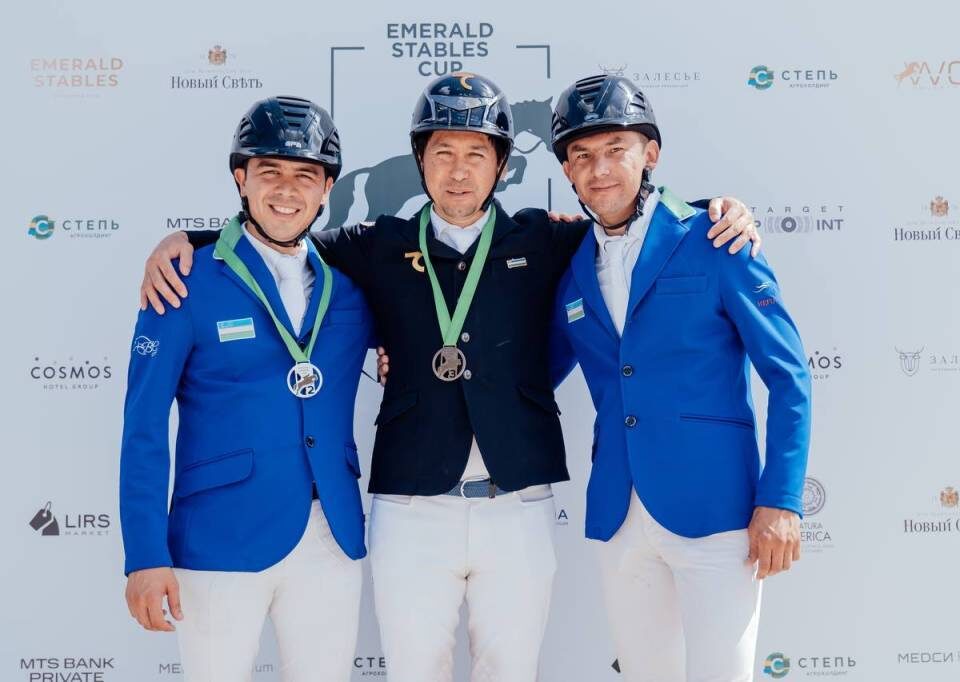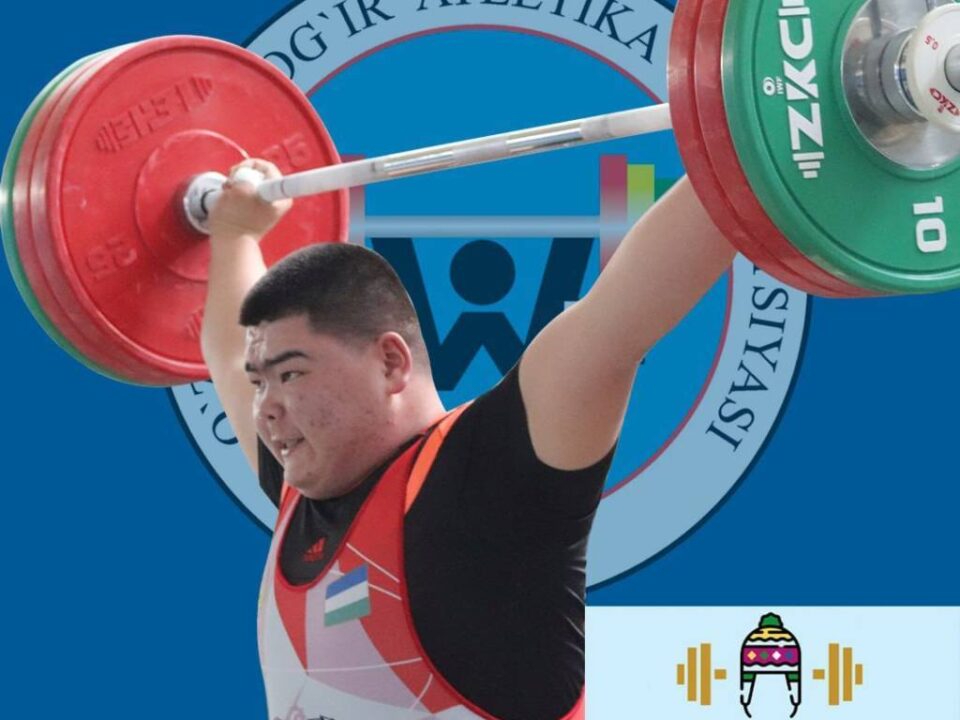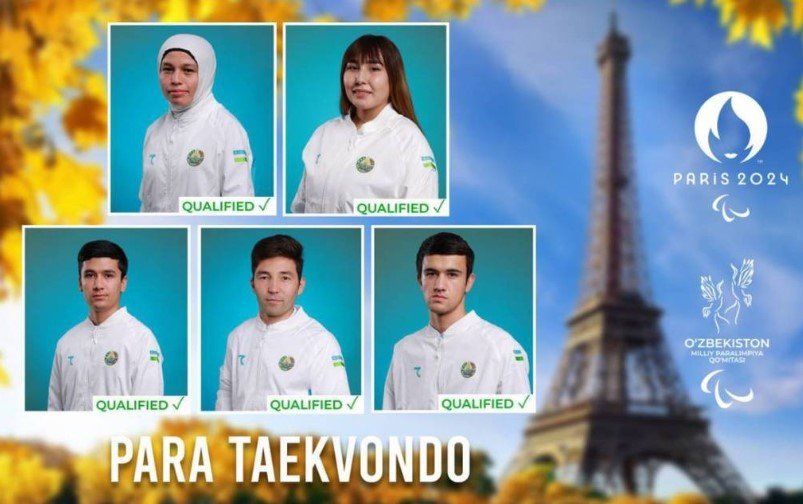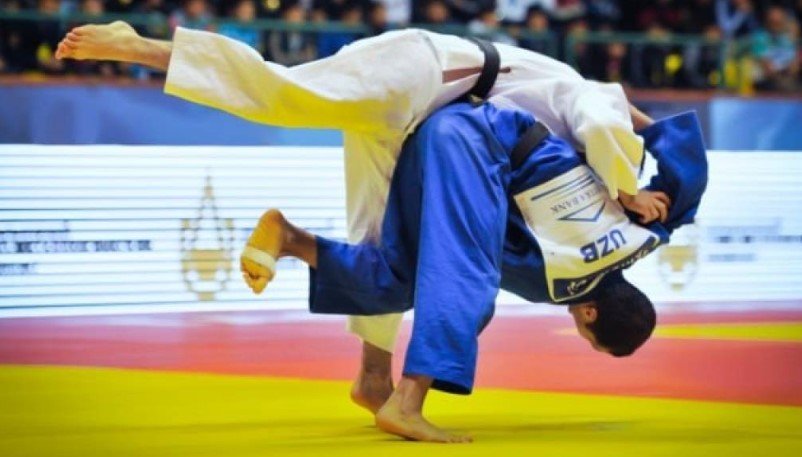Late last year, many domestic and foreign media reported that the former national team manager Vadim Abramov is deprived of coaching license for an indefinite time because of “erroneous interpretation of the decisions of Uzbekistan Football Federation” in the media.
According to the UFF press service, the decision to revoke the certificate was made on December 16 on the basis of the disciplinary code on strict observance of established requirements by coaches and club leaders and prevention of misinterpretation of UFF and professional football league decisions in the media.
It was also reported that earlier Abramov, in a number of local sports publications, criticized some judgments of the football organization, in particular, the conditions for reducing the number of teams in the national championship, as well as the “excessive complexity” of standards that the players ought to pass starting from the next season.
From these publications ahead of the New Year, it was difficult to draw a conclusion about what happened, what the illustrious soccer coach did.
Reference. Vadim Abramov was born on 5 August 1962. As a coach he worked with a number of domestic clubs since 1991. He led the Olympic (2007-2008 and 2011-2012) and national (2011-2012) teams of Uzbekistan. In early 2014, Abramov headed Lokomotiv Tashkent, and from June 2017 – the Ferghana club Neftchi.
In 2011, he was recognized as the best coach of Uzbekistan. Vadim Abramov is holder of the Order Dustlik.
Clarity to this matter to some extent has been made by the president of Uzbekistan Football Federation Umid Ahmadjonov, who, in an interview with Gazeta.uz late last December dedicated to 100 days of his UFF leadership, touched on the ‘incident’ with Vadim Abramov.
He reminded that the leadership in the Football Federation changed three months before. For 26 years, the Uzbek soccer has gone in the ‘reverse’ direction. Currently, Ahmadjonov said, there is a discussion about the new format of the championship, the talk is about a new league with 12 clubs, yet some figures in the sphere would like to preserve the existing system of 16 teams. “They say it was necessary to wait another year, but what will it give? Why should we wait? Why do you need a work that had for 26 years led football backwards to stay for another three or four years?”
Vadim Abramov, according to UFF president, has an old Soviet mentality that has lagged behind modern soccer. The official said he thought Uzbek football does not need such people. “He wants 16 teams, as the club Neftchi that he leads (15th position by the end of the season) with the new format would be dropped into the Pro League. There he does not want to work. Why did not he wake up earlier? If he is a master, let him try to get the club out of the Pro League to the Super League. If you do not want to work, give the way to the young. We cannot move forward by agreeing with them.”
Every step UFF takes, Ahmadjonov assured, is based on international practice, in conjunction with FIFA and AFC. The national soccer body studies the systems of advanced football nations.
“Abramov was the head coach of the national team, the Olympic team, so why did he not put forward his ideas then? He saw that Uzbek football was going back.
“His case should be a sign. We will also tell which players were sold by people like Abramov and where they were sold. We have enough information about Abramov’s tricks. Soon we will withdraw licenses from other coaches who do not meet today’s requirements.”
Well, one side of the ‘case’ has presented its position. But for the sake of fairness one needs to get familiar with the opposite point of view. In this regard, Uzbekistan Today correspondent, following the New Year holidays, has met with Vadim Abramov.
“I am quite surprised by what happened and do not understand what happened and what my fault is. About the fact that I was suspended from work, I learned from a private telephone conversation with my friend and at first decided that that was a New Year’s joke,” Vadim Karlenovich explained at the start of the conversation. “But then I read about it in internet publications and was even more amazed. It seems to me that before taking any disciplinary measures, the responsible workers of the federation should have listened to my arguments, invite me to a meeting where the issue was being decided on. Why was not this done?
– So what is your attitude to the novelties proposed by UFF?
– As for changing the formula of the national championship and reducing the number of teams in the Super League, I had come up with such a recommendation back in 2008. But then it was not accepted. I am still not against it, but only if sporting principles are observed.
And it turns out that all teams started the last championship under one formula, and finished… under the other. It’s unfair, it violates the sporting principle. Can you imagine that at the end of the qualifying round in the FIFA World Cup, its participants are suddenly informed that not two, but only one club is coming to the finals? This cannot be the case even in a dream! Why is that possible with us?
With regard to physical standards for football players, I sincerely believe that the decision was wrong. Some clubs began to take these standards in late December, a few months before the start of the national championship, when the players are not ready for them. What for? To get injuries? Not surprisingly, the vast majority of players did not pass them, and some clubs generally refused to hold them. These norms are needed for coaches to determine the degree of readiness. For nothing else.
In general, I simply do not understand why the point of view of a coach stated in the media should be the basis for punishment? I believe this contradicts the new stage of reforms being conducted by the head of our state. And references to some disciplinary codes are not legitimate to the end.
– What can you say about the statement of the UFF president on your ‘tricks’ related to trading the football players?
– These accusations are simply ridiculous. I do not know what footballers are talking about. I’ve never sold anyone nor bought one because I am a coach, not a club manager.
On the whole, the federation officials’ statements on me have inflicted enormous moral damage to me. And I do not intend to leave this unanswered.
– Have you already been dispossessed of the license? How did this happen? And do you continue to train Neftchi players?
– I haven’t received any official documents on this case. Moreover, the leadership of Neftchi Ferghana appealed to the federation for clarity on the issue, but the response hasn’t come. Therefore, we have not yet started training footballers.
Frankly speaking, I would like to meet with the president of UFF one-on-one, discuss the quandary that has arisen, but it turns out that we have taken the debate to the mass media.
– In your coaching career there were a lot of star moments. Take, for example, the year 2011, when the national team came fourth in the Asian Championship, which was the best result in the history of soccer in our country. On the other hand, there were serious setbacks, say, in 2012, when Uzbekistan failed in the game with Iran, and you were immediately dismissed. What gives you the strength to overcome difficulties?
– My motto in life is that no matter how many times you fall, it is important how many times you get up to move forward. It helps me cope with many life and professional troubles. You mentioned 2012 – we had a great team who had chances to get to the World Cup finals. But failure in the first game with Iran crossed out those hopes. The work of the coach is very difficult – you can achieve phenomenal success, but any unfortunate failure can put an end to your career.
Editorial. Comparing two views on one ‘incident’, readers themselves can draw a conclusion as to who is right. Nonetheless, some of the statements by UFF president, mentioned above, cause confusion. By what right he crosses out all the achievements of Uzbek football during the years of independence, calling them a movement in the ‘reverse direction’? Is the brilliant victory of our players at the Asian Games in 1994 a setback? Or the magnificent game of Uzbek juniors at the World Championships in Mexico in 2011? Or the way to the semi-finals of the Asian Championship in Qatar that we’ve mentioned above? And this list can be continued for quite a long…
And what a dogmatic and categorical statement about one of the most successful coaches in the history of national football, that “the Uzbek football does not need such people”!
After all, Abramov is relatively young, full of ideas, and has a huge experience. Would our sport be better off if he goes abroad to train some foreign clubs? I deem the answer is plain out.
(Source: «Uzbekistan Today» newspaper)

























